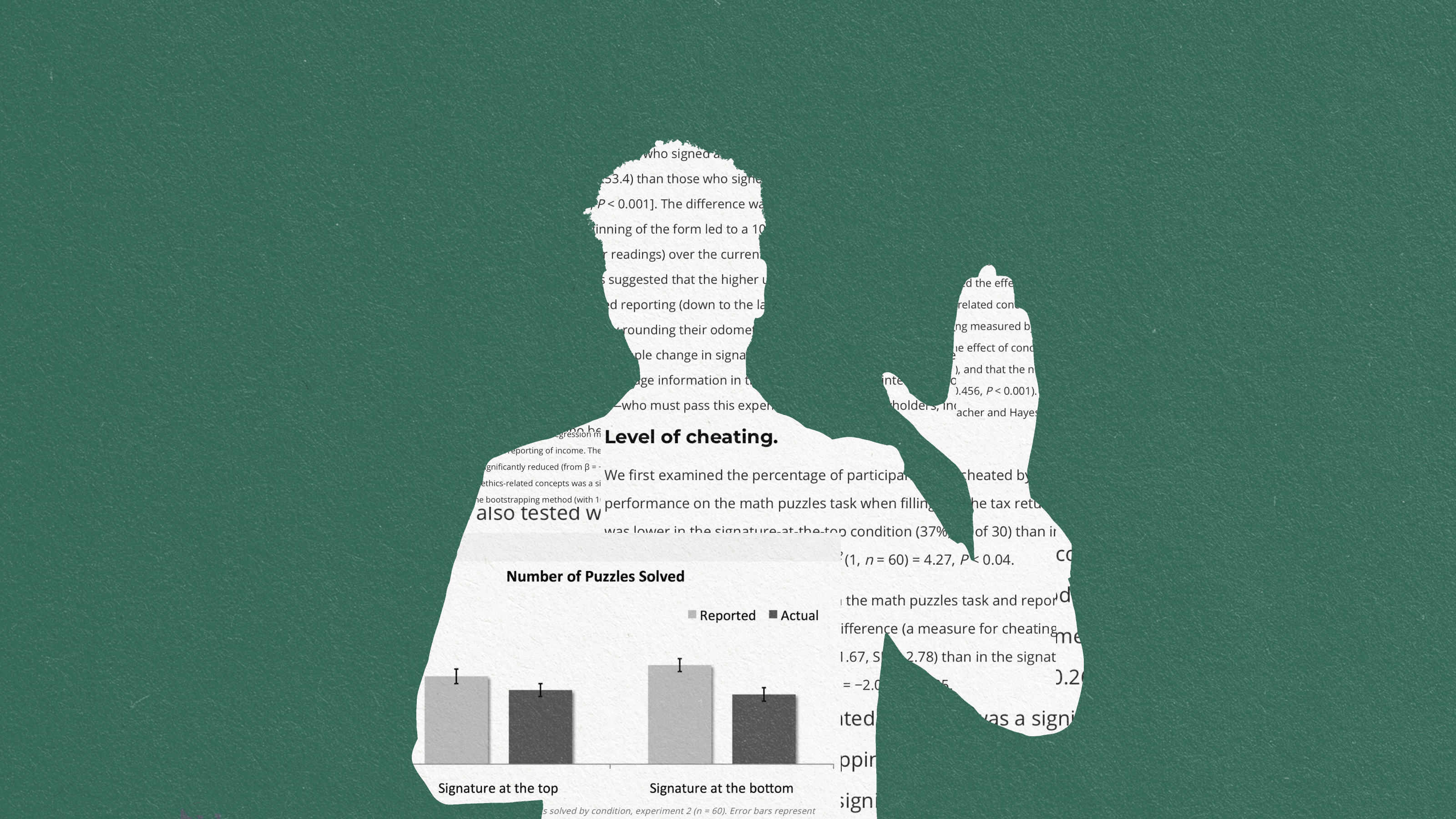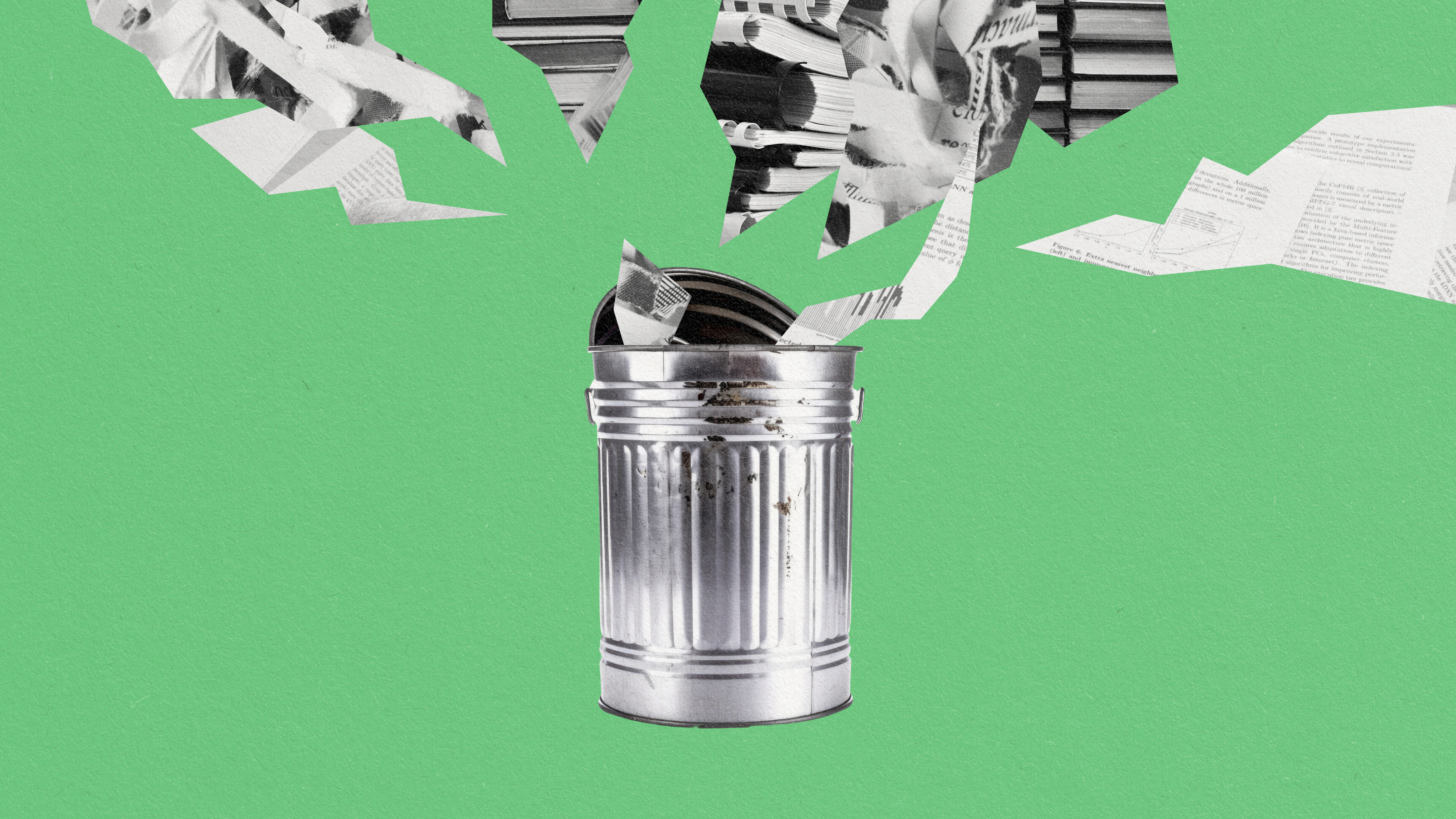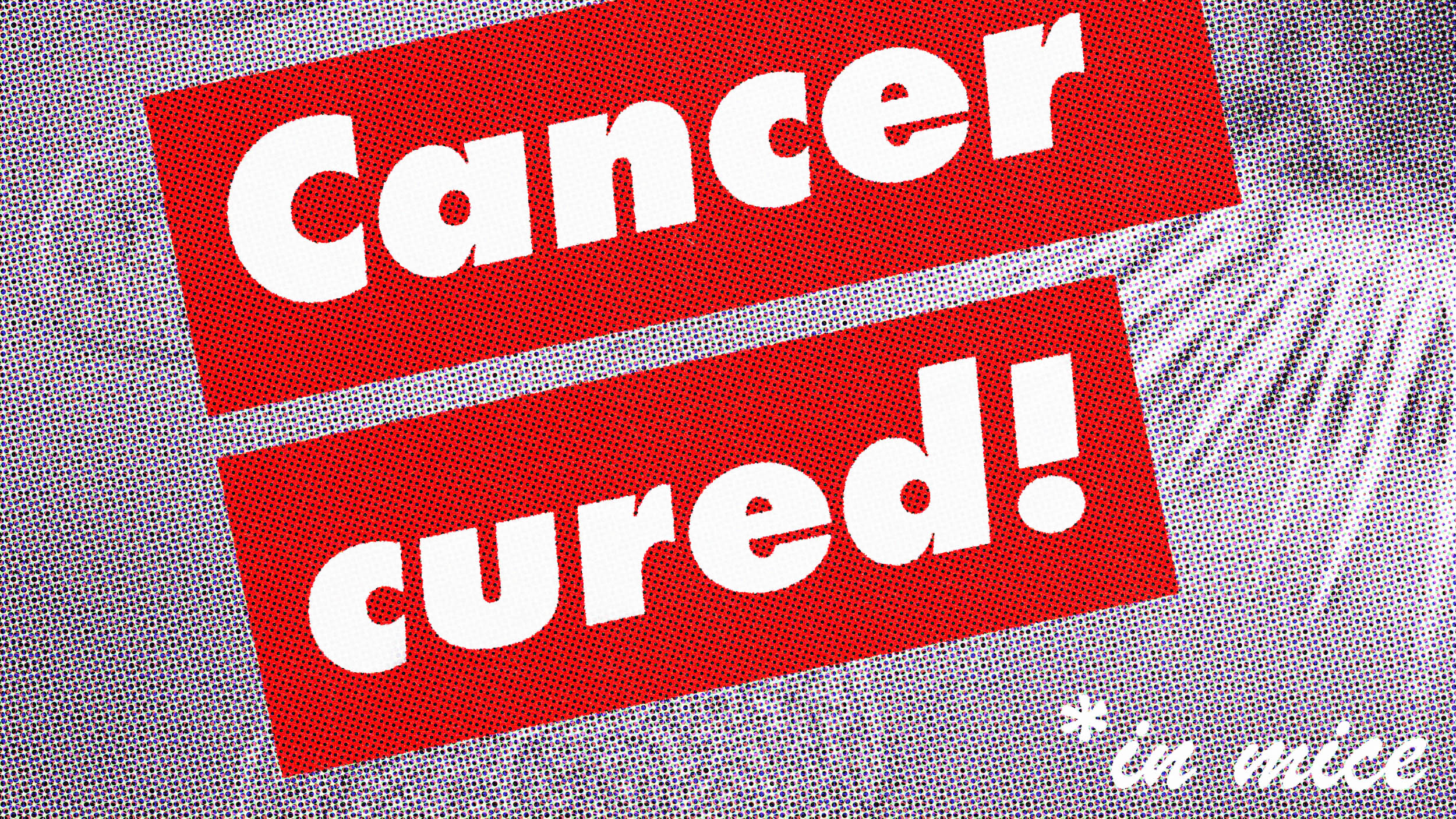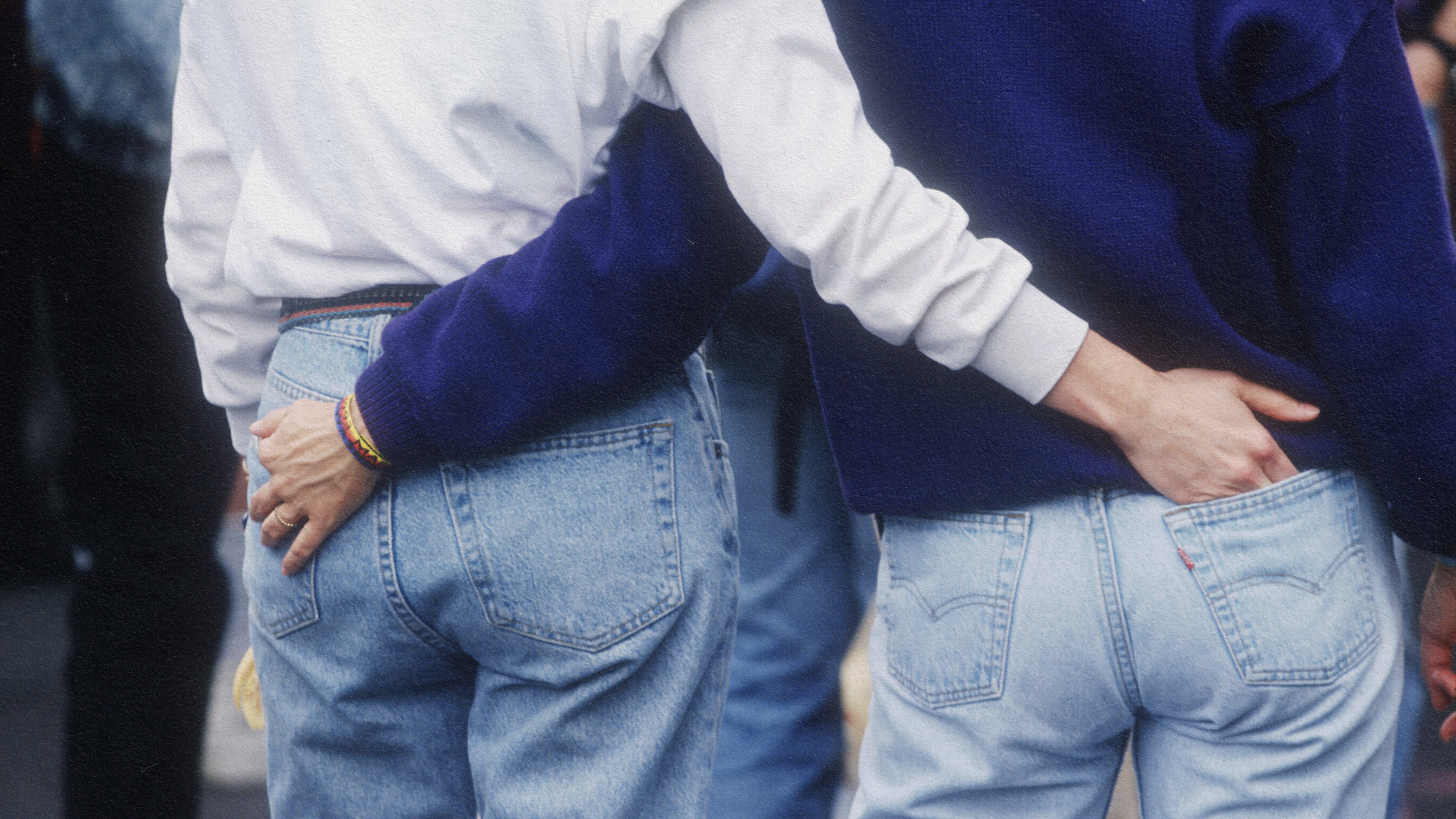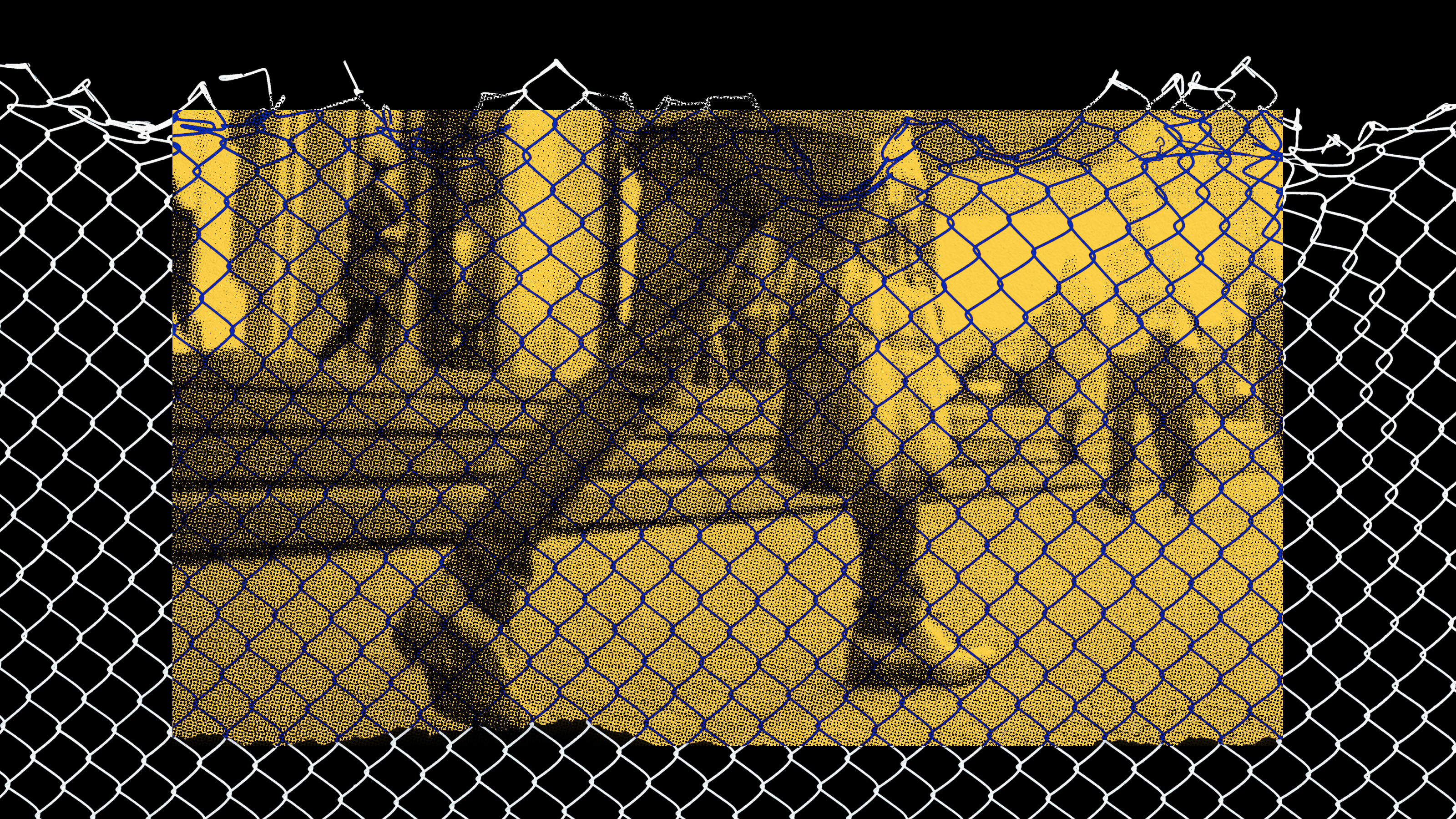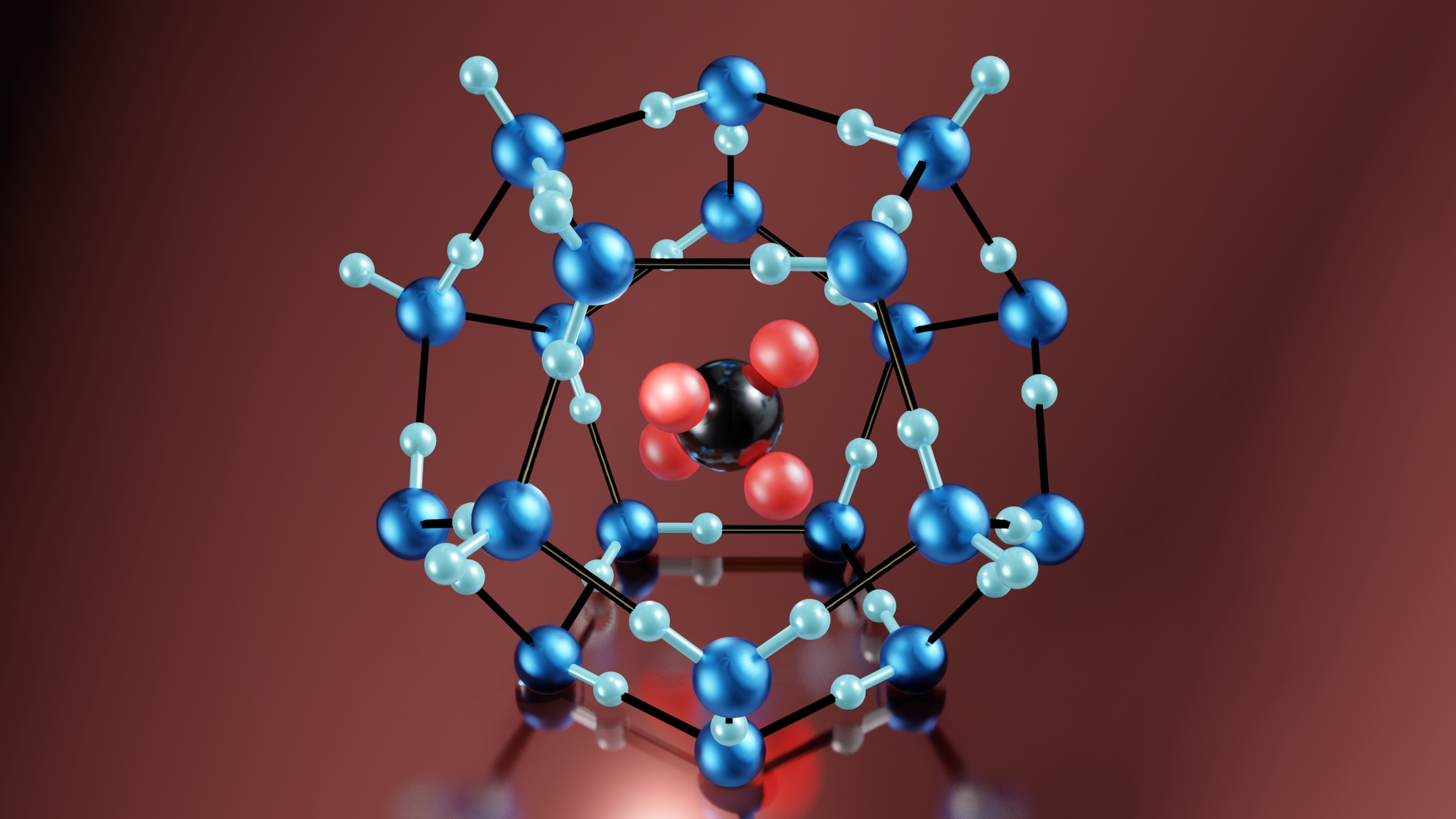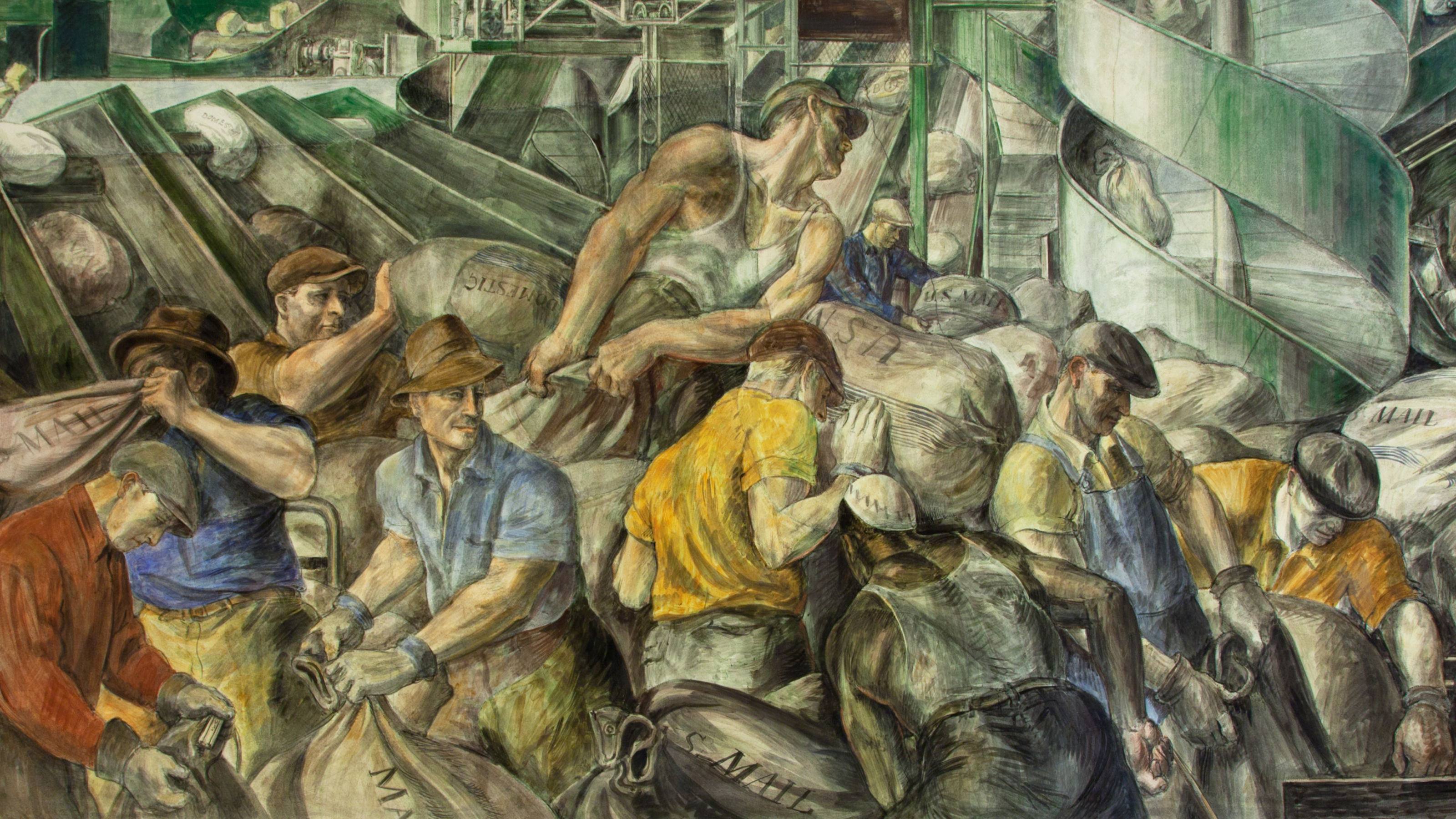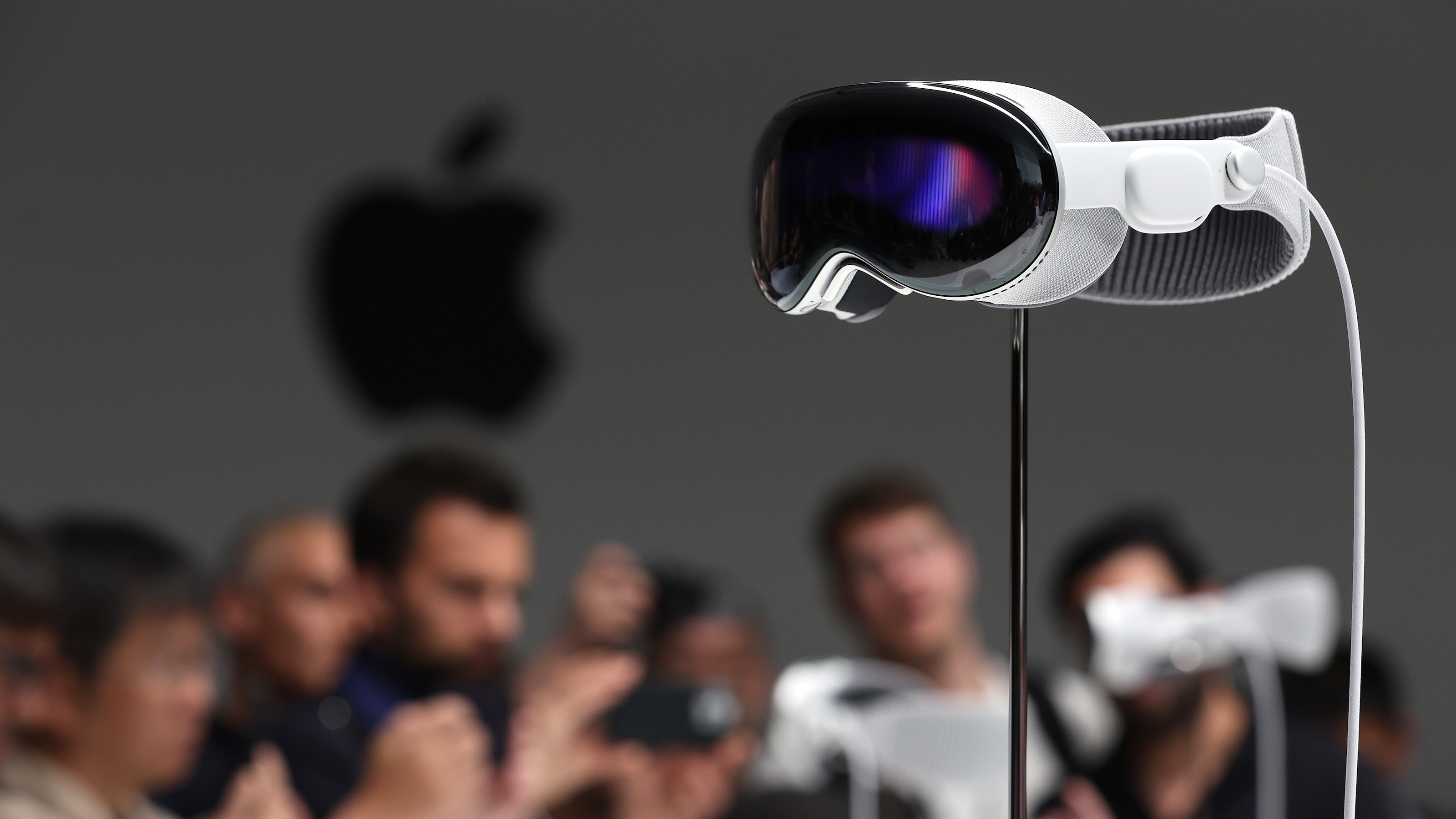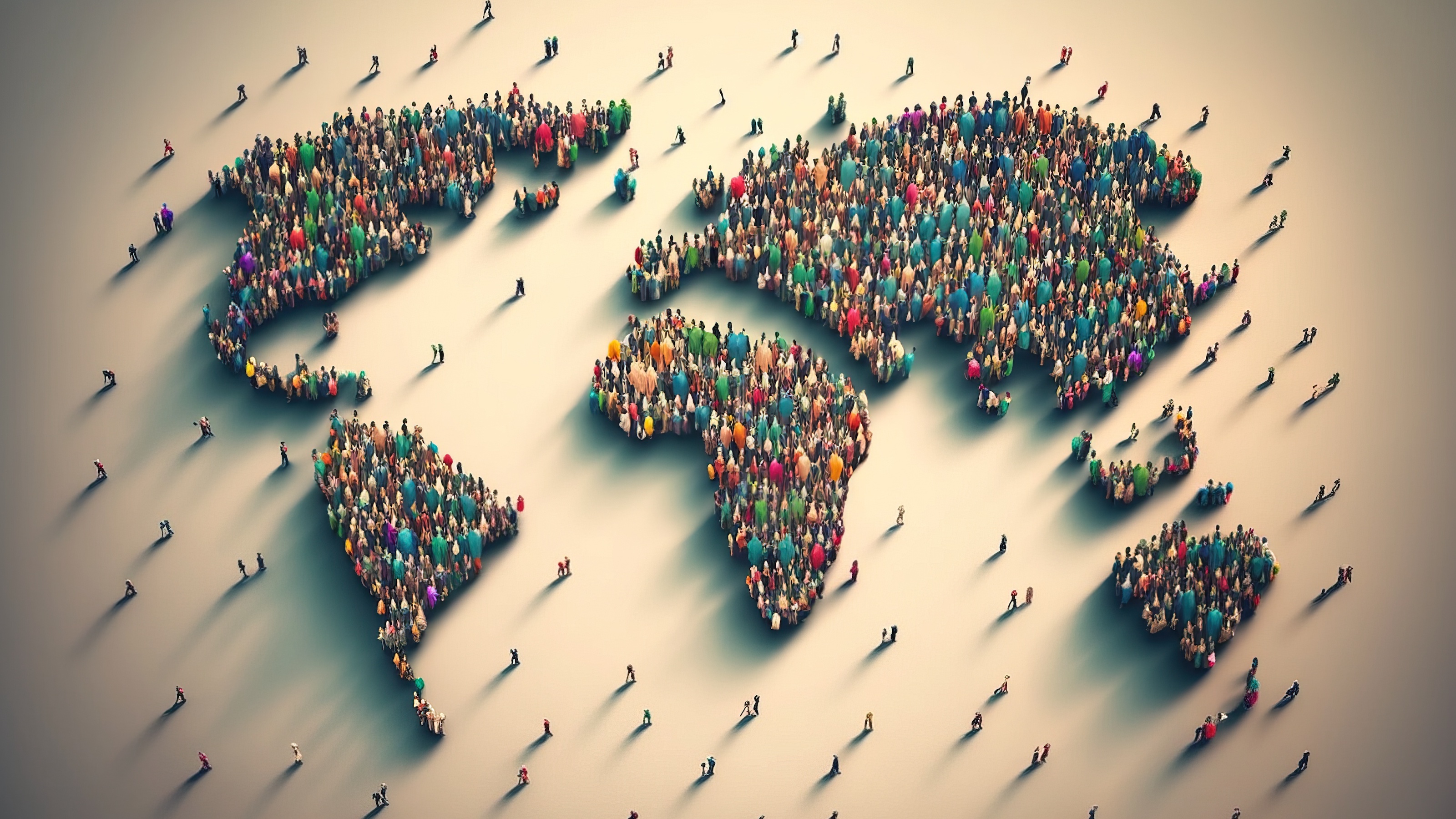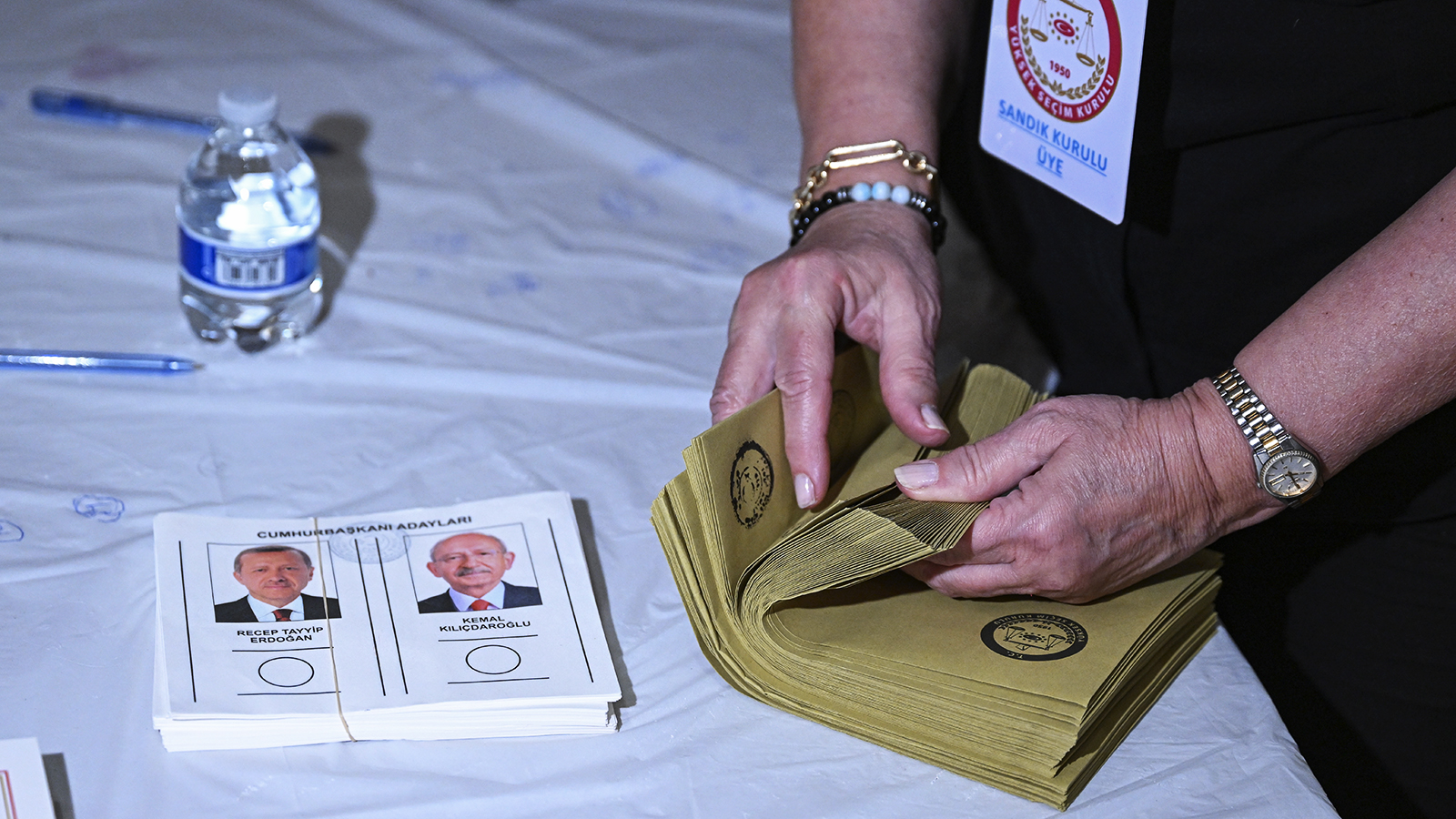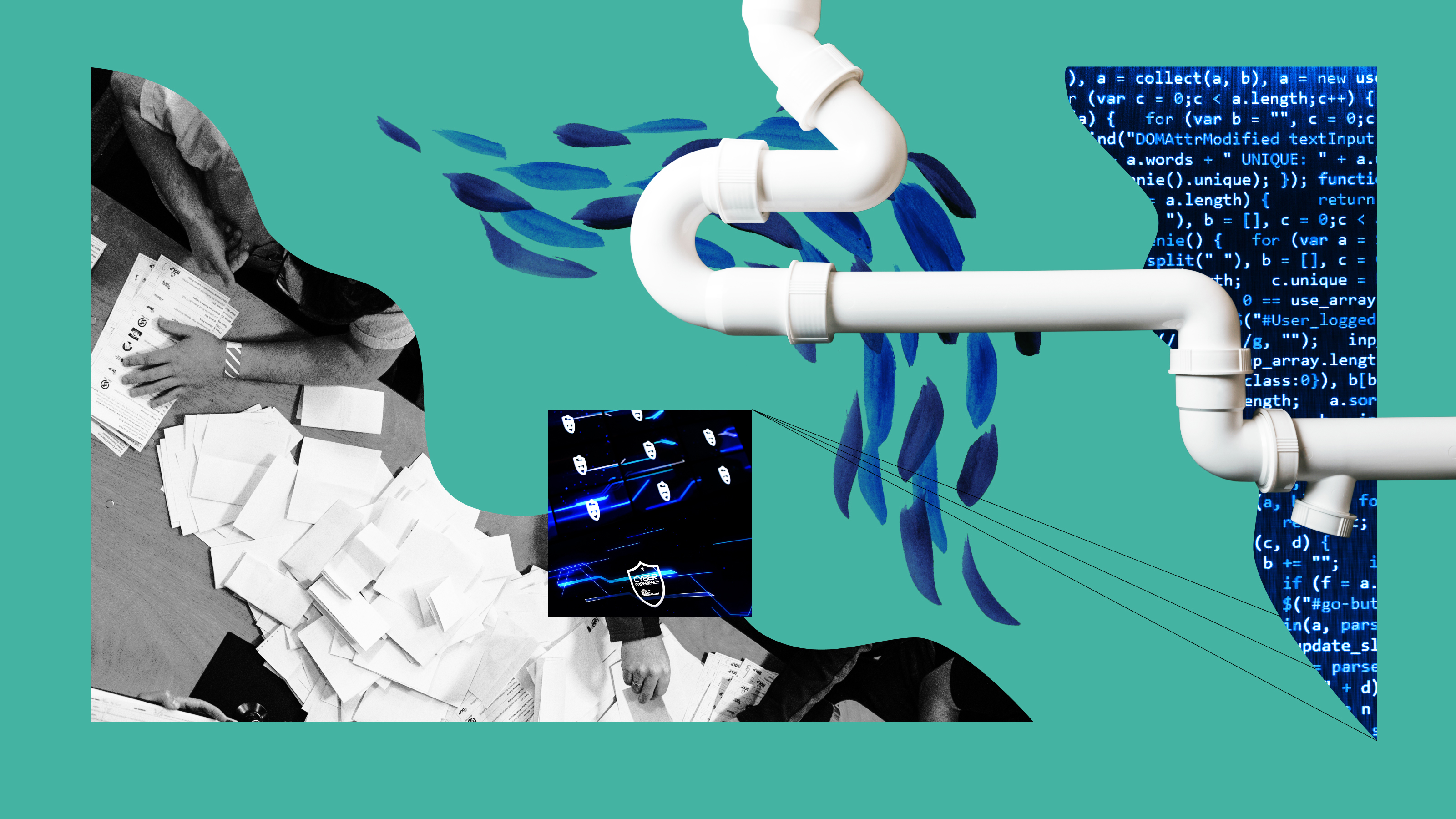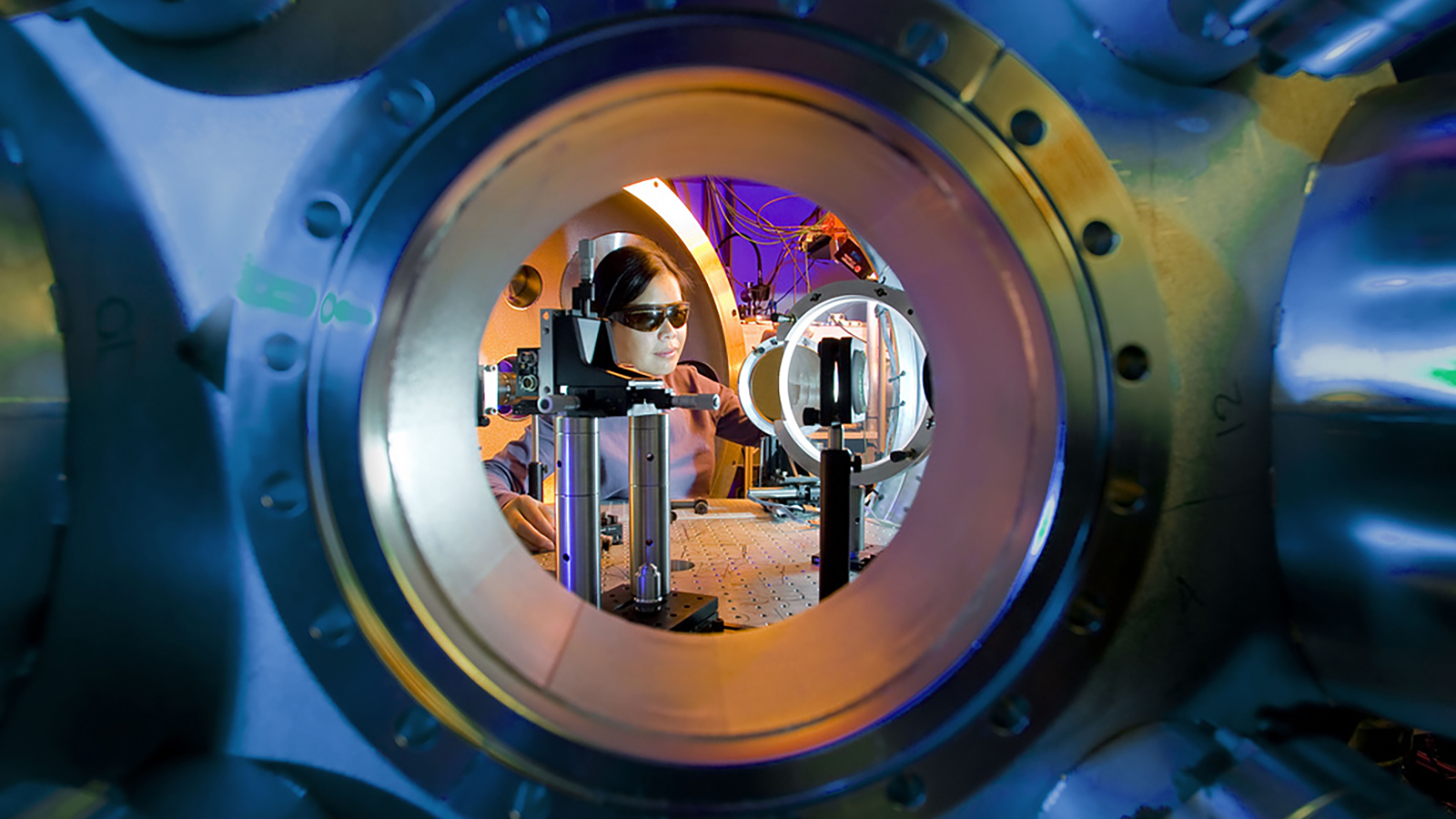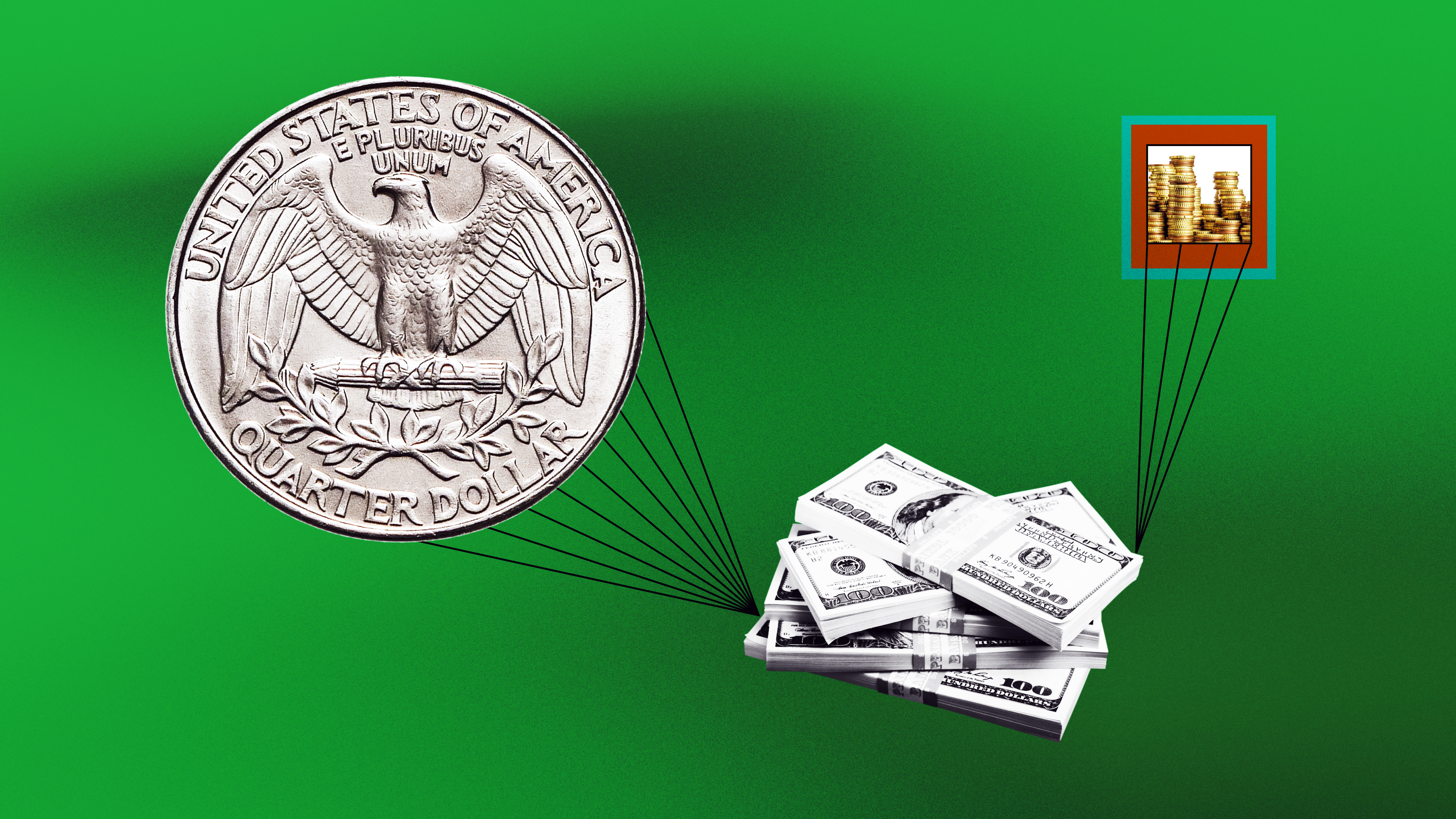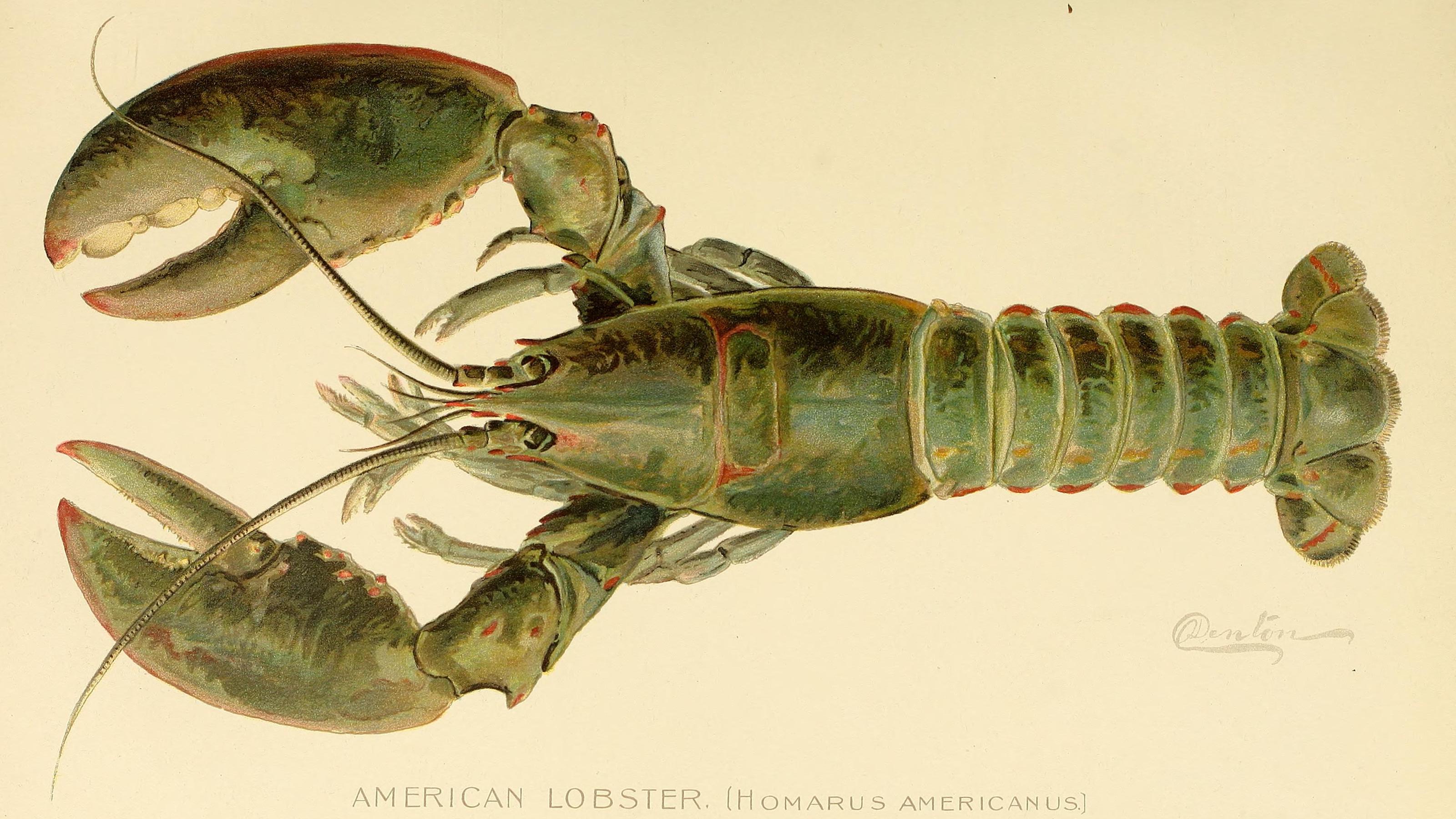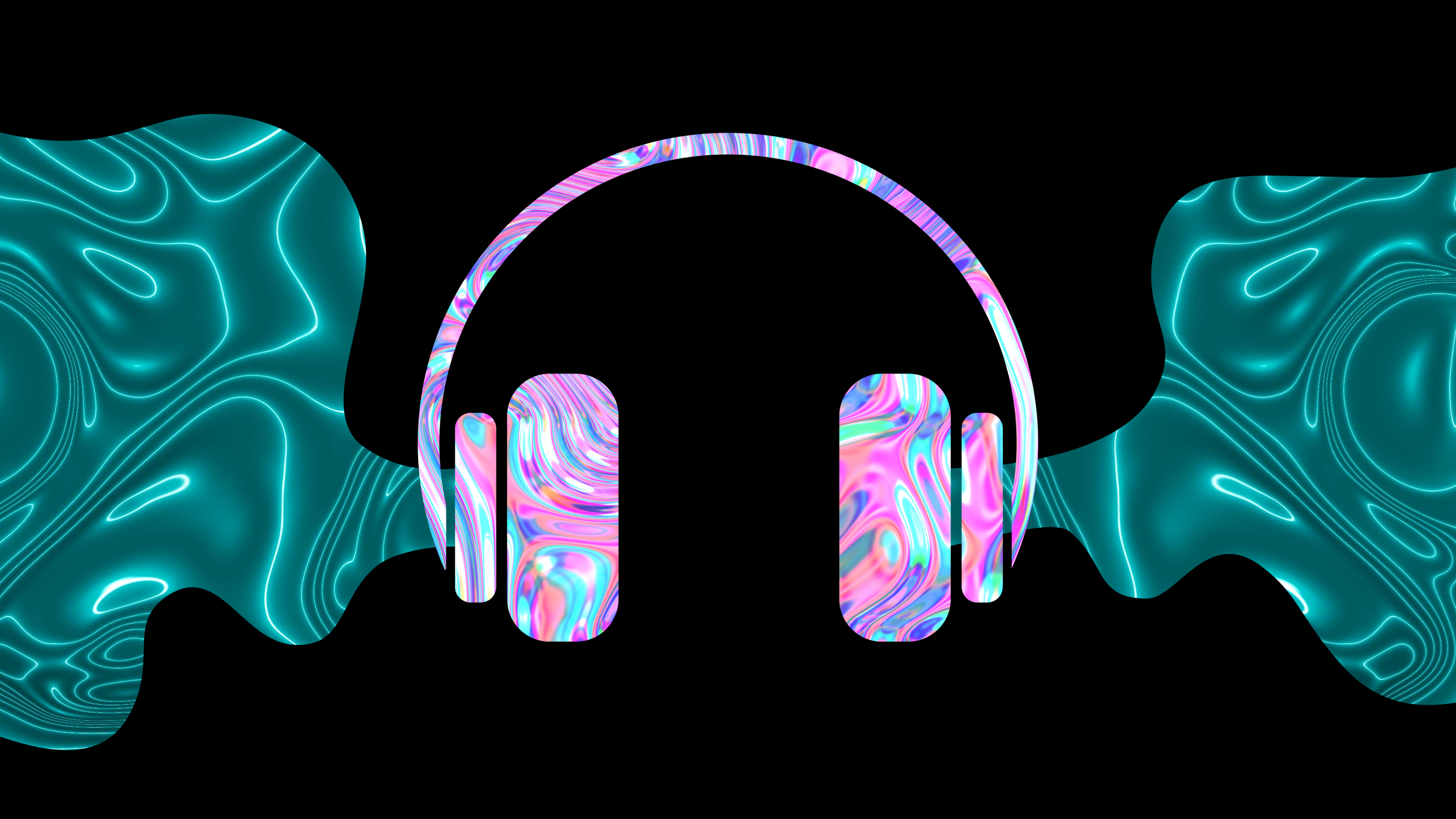The Present
All Stories
Big Think covered the 2012 study shortly after it was published. We are now correcting the record.
While the steep rise of inequality in the United States is well-known, long-run data on the incomes of the richest shows countries have followed a variety of trajectories.
Lab-grown meat may work better as a complement to animal agriculture rather than a replacement of it.
Our state of extreme social interconnectedness has rapidly accelerated the rollercoaster pace at which societal confidence may collapse.
We’re separating the facts about EVs from the fiction.
With U.S. infrastructure crumbling, an honor oath and iron ring remind engineers of their profession’s ethical weight.
In the land of the double-blind, impartiality is king.
Science news presents a flood of breakthroughs and discoveries that promise to change our lives. They rarely do.
A 2020 study revived a longstanding controversy over Christopher Columbus’ claims of marauding cannibals in the Caribbean.
Over the past two decades, the proportion of those who identify as bisexual increased from 1.2% to 4.5%.
Research suggests that employees with criminal records are far less likely to quit their jobs, perhaps due to a greater sense of loyalty.
Particles behave differently when freed from the force of gravity. A new space factory aims to use this to synthesize pharmaceuticals.
A new online religion is spreading misinformation and phony products.
There may be more energy in methane hydrates than in all the world’s oil, coal, and gas combined. It could be the perfect “bridge fuel” to a clean energy future.
In an age of high quit rates, struggling low-wage employees, and tone-deaf leadership, the call for “good jobs” makes great sense.
One of Apple’s key innovations serves as a psychological breakthrough, as its technology eliminates the isolating feel of headset use.
If we took the values and principles of cooperation to the next level, we could effectively tackle many crises.
In a time when we dislike and distrust our politicians, why can’t we get more popular leaders like Kim Jong Un and Bashar al-Assad?
Cyberattacks are growing in number and sophistication.
The researchers rebuked writers, scholars, and public figures for lazily perpetuating the notion of widespread gender bias in academic science.
If a person stands little chance of ever being wealthy, perhaps playing the lottery is a rational decision.
The pandemic and the Great Resignation fed into a perfect storm of inflation — and some restaurateurs cleaned up.
Wealthier in resources; poorer in time.
It can write 5-minute songs based on short text prompts.
Changes in the world population are determined by two metrics: the number of babies born, and number of people dying.
Lockheed Martin’s Skunk Works engineering division has devised many jaw-dropping aircraft. Here are some of the best — and one ship.
Burj Al Babas may one day be full of wealthy vacationers, but for now it’s a ghost town in the center of Turkey.
Unmasking a “convenient untruth” in U.S. politics.
Long-term research efforts have revealed alarming mental health trends.
